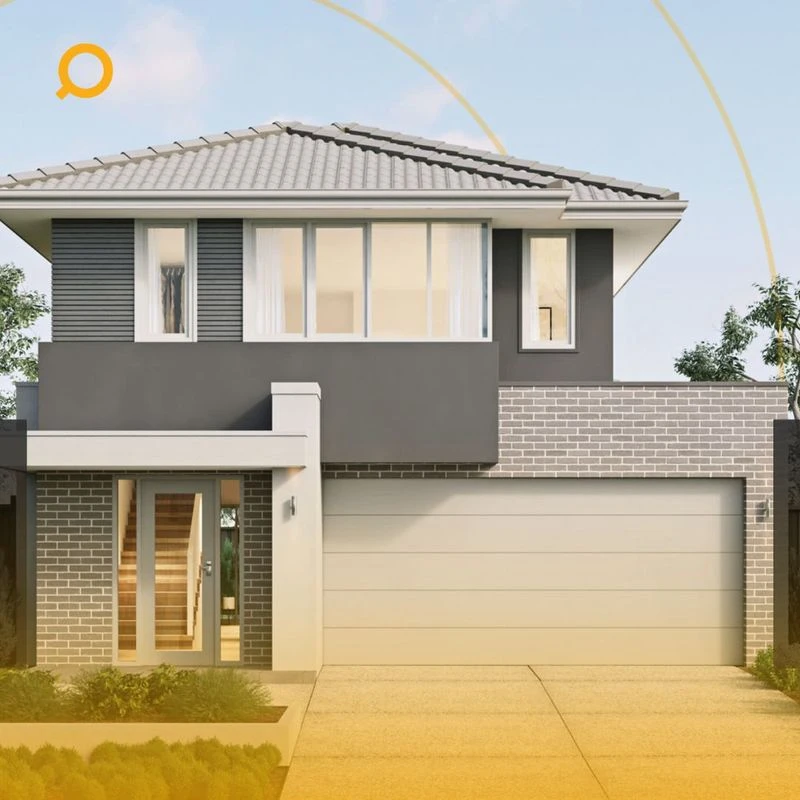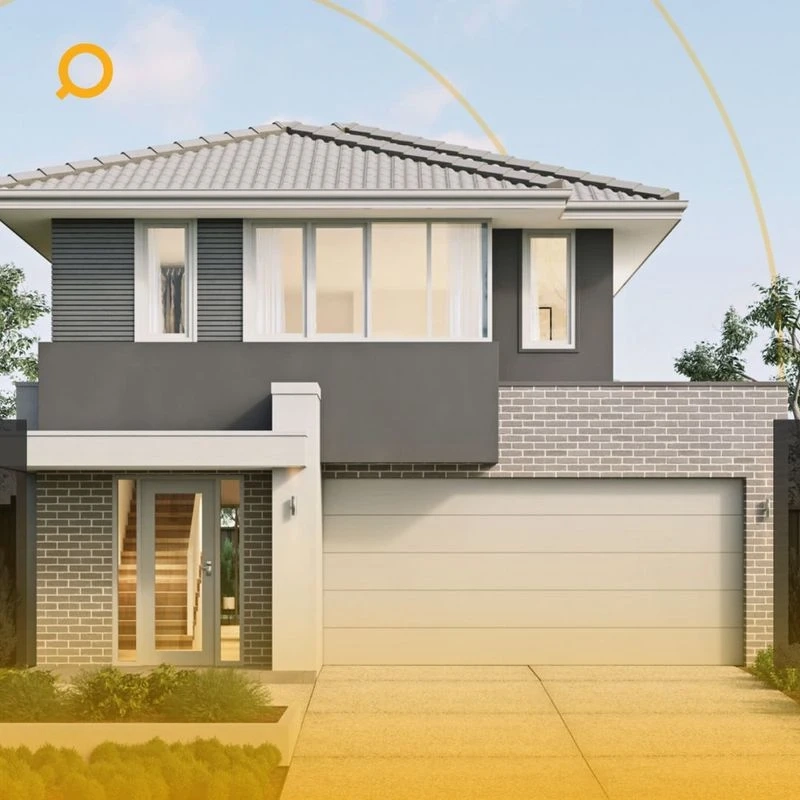With rising interest rates, managing cash flow, especially with a loan, can become a challenge. In this article, we’ll explore two key options:
- Paying down your mortgage quicker
- Using extra funds to invest further
If you're curious, keep reading.

Paying Off Your Mortgage vs. Investing
You might be thinking, "Ravi, I’m not interested in investing; I just want to pay off my mortgage as soon as possible."
Why? Because your mortgage is likely the largest debt you'll ever take on. It dominates your thoughts, especially with interest rates rising month after month. The stress of managing a budget can make even small pleasures like grabbing an ice cream feel like a luxury.
However, in times like these, everyone’s concerned about inflation and interest rates.
When buying a property, most people have two goals in mind:
- "I want to own my own home and not rent."
- "I want to build wealth, and real estate is a great way to do it."
These two motivations often blend emotional desires with logical financial decisions. But emotions can cloud your judgment, leading you to believe that just because you like your property, others will too—and that doesn’t necessarily mean it’s a sound investment.
If you’re hoping to grow your wealth through property, let’s discuss what that could look like.
What Happens When You Pay Down Debt Faster?
We’ve all been taught that paying off debt quickly is ideal. Let’s say you bought a property worth $1 million in Sydney or Melbourne in the last couple of years. Sure, some properties cost less, but for this example, we’ll assume a $1 million debt.
If you have a million-dollar mortgage at today’s interest rates of around 5.5%, your monthly repayments, including both principal and interest, would be approximately $5,678, or around $68,136 annually. Adding rates, insurance, and other costs, you’re looking at around $73,000 per year to maintain the property.
For someone earning around $98,000 annually, that means nearly all of your income goes toward the mortgage, leaving very little for other expenses. If you’re paying off the loan with your income alone, that can feel overwhelming.
However, if you have a partner with a similar income, it becomes more manageable. Together, you can use one income to cover the mortgage and the other for living expenses and potentially investing.
Paying Down the Mortgage vs. Investing in More Property
Let’s say you have $55,000 in disposable income after covering basic expenses. If you decide to put this extra money toward paying down the mortgage, you could increase your repayments to $10,261 per month, paying off the loan in just 11 years. After 11 years, your property could be worth $2.1 million, with no debt remaining—an excellent result.
However, what if you choose to invest this $55,000 instead? Let’s say your property grows at 7% annually. After one year, the property value could increase by $70,000, giving you enough equity and savings to purchase another property.
If you use this equity to buy a $450,000 property with a 7% growth rate, your new property could be worth around $947,000 by year 11. Despite still having $127,000 in debt, your investment portfolio could generate $497,000 in equity, along with positive cash flow.
Scaling Up Your Investments
Now, imagine you continue this strategy for several years. By using your equity and savings to buy more properties, you could have a portfolio worth over $3 million by year 11, with roughly $1.8 million in debt. This would leave you with around $1.63 million in equity and generate passive income of $30,000 to $50,000 annually.
Instead of only paying off your home loan, you’ve built a portfolio that works for you, leveraging the power of property investments.
If this strategy sounds appealing, working with an experienced buyer’s agent like myself can help accelerate the process. With the right advice and research, your investments can grow faster and with less risk.
Is This Strategy Right for You?
This approach might not be for everyone. Right now, you might not be able to borrow, but as interest rates begin to fall, new opportunities will emerge. It’s important to have the right mindset and strategies in place so that you’re ready when the market changes.
Most people are taught to focus on reducing debt, which is a defensive strategy. But you can also focus on building wealth. As I always say: "Two ways to get rich are to spend less or make more money."
By building an investment portfolio, whether through property or another avenue, you can achieve financial freedom and live life on your terms.

